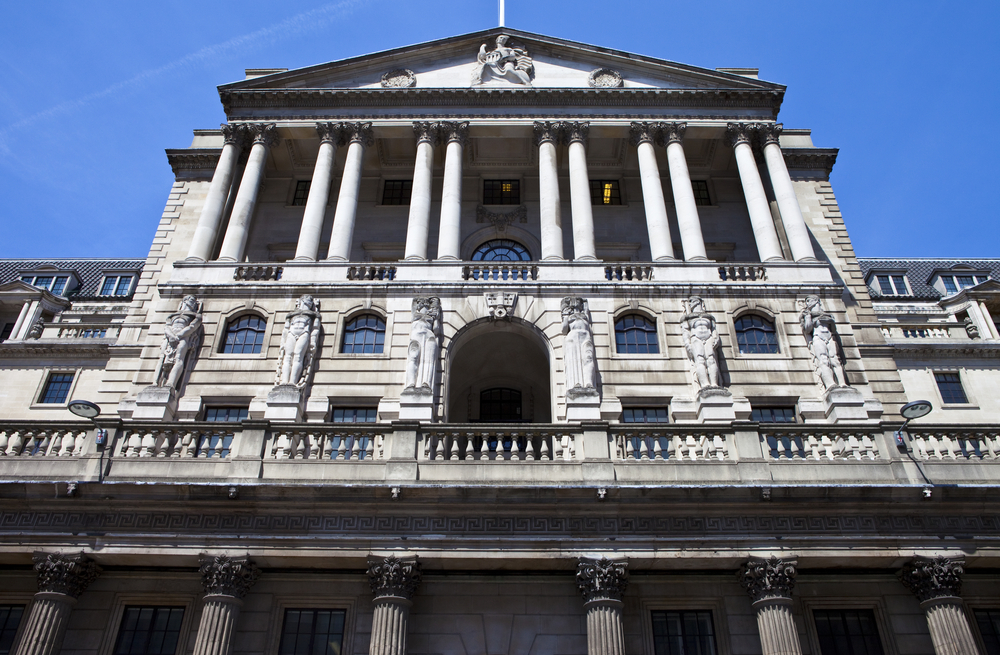
The Monetary Policy Committee voted eight to one to up the rate following increased pressure from the International Monetary Fund (IMF).
Kate Davies, executive director of IMLA, said the BoE interest rate decision will have come as a surprise to many, with popular opinion expecting the bank to put off the increase until after the festive period.
She said: “However, the decision feels like a proportionate and appropriate response to recent rises in inflation and in truth the effect on the mortgage market may remain minor in the short term.”
With many borrowers currently on fixed-term mortgages and rates still remarkably low, Davies said she does not expect to see the effect of the decision until well into 2022.
She added that a key concern will be the effect of this decision on vulnerable borrowers, who are more exposed to the consequences of rising rates.
Mark Harris, chief executive of SPF Private Clients, said the rise in interest rates was actually expected, though still surprising, as the Bank of England tends not to move rates in December.
He added: “However, with inflation hitting a 10-year high, it seems as though the committee felt it was finally time to move.
“The markets have already priced in a handful of rate rises, and mortgage pricing has already edged upwards accordingly.
“Lenders have pulled their cheapest rates although there are still plenty of competitive deals available starting at not much more than 1%.”
Those on variable rates will see an uplift in their monthly costs but it will be a fairly modest rise, with rates remaining at incredibly low levels.
Harris explained that if borrowers are concerned about further rate rises, it is worth securing a fixed-rate deal sooner rather than later.
Eleanor Bateman, policy officer at Propertymark, said: “The increase in base rate to 0.25% is a small and necessary step and one that most had anticipated for some time.”
Mortgage rates have been rising steadily over the past few months, and while those on variable rates will see payments increase, the cost of borrowing has remained low relative to historical levels.
Bateman added: “With indications that lifestyle factors are continuing to prompt many into making a move, we do not expect today’s announcement to have a significant, negative impact on the market.
“Continuing uncertainties over COVID-19 may, however, have more lasting effects, and we would urge the UK government to consider the property industry’s significance in any forthcoming decisions on further tightening of pandemic-related measures.”
Paul Broadhead, head of mortgage and housing policy at the Building Societies Association (BSA), said that a rate increase is an important psychological moment, as it is the first time that the bank rate has risen since August 2018.
He said: “Given the rising costs of energy and food and the tax hikes coming next year, it is helpful that eight in 10 mortgage borrowers are on a fixed rate.
“The 20% on variable rate mortgages are likely to see their payments rise, but I expect the increase to be modest, tempered by the highly competitive mortgage market which is still being driven by relatively high demand and a sparse supply of homes.”
Broadhead also said that lenders are sensitive to the rising number of people facing a squeezed household budget.



